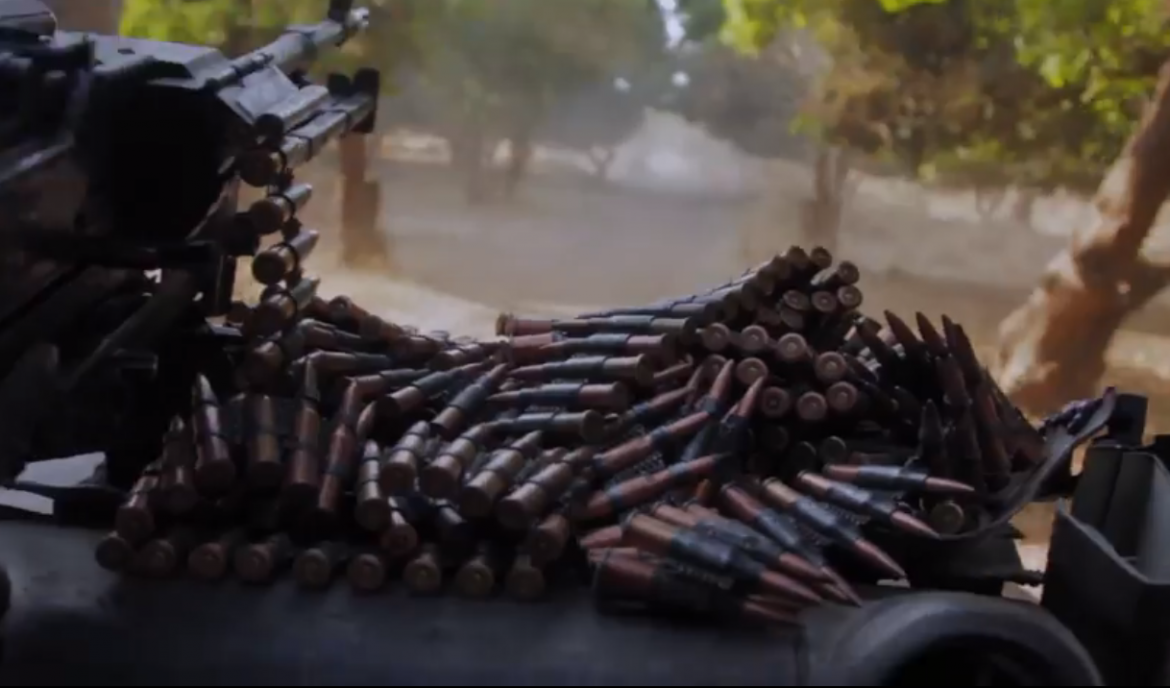A massive government offensive against the rebel SPLA-N in South Kordofan managed to end many lives, but did little to change the frontlines of the conflict: SPLA-N continues to hold much of the territory across the Nuba Mountains, while SAF controls the state’s major towns.
It was the largest offensive since the new stage of Sudan’s civil war started in 2011. The attack started successfully for the government troops who were supported by thousands of newly trained Rapid Support Force (RSF) troops – the new government militia commanded by the country’s intelligence agency NISS was supposed to be a critical new element in the fight against the SPLA-N.
The initial attack was successful putting the government forces within striking distance of the rebel’s political capital, Kauda. But the offensive could not be sustained. Within a couple of weeks SPLA-N commanders drove both SAF and RSF troops back in the east and the west.
It was a big defeat for Bashir and his new fighting force. He is running for president in April, with no viable opposition candidate and a massive voting boycott by the opposition parties. He calls the recent campaign, the “Decisive Summer Campaign 2”. Last year was the “Decisive Summer Campaign 2” and his stated goal has been to destroy the rebels in order to allow voting in the areas he controls.
In Darfur, the government was more successful. RSF forces were able to successfully take towns from Darfuri rebel groups. But the aftermath was brutal. The RSF destroyed the areas they had attacked. The United Nations Office for the Coordination of Humanitarian Affairs (OCHA) reported that 115 villages were either evacuated or burned to the ground.
Typically RSF troops are allowed to loot and pillage areas they have taken over. This is common in Darfur, and also areas they attacked last year in South Kordofan. However when RSF attacks fail, the troops, who operate with total constitutional impunity, can attack civilians and even governmental forces in the towns they are based.
According to witnesses in Kadulguli, the main government garrison in South Kordofan, RSF soldiers rebelled after their defeat. Shots were fired and markets were looted. The violence culminated in a standoff between SAF and RSF troops. Local leaders have been petitioning the government to withdraw the troops.
Meanwhile the government airforce continues to pound the countryside with bombs, more than tripling the amount of bombs dropped when compared to last year. Besides hitting civilians, last month the government dropped several bombs on an MSF clinic, forcing the organization to shut down operations in Sudan.
The next battle is expected to happen soon, as both sides prepare for the next stage of the government offensive. The fighting season typically lasts until June, and already this year, it is the most violent since the war started.





